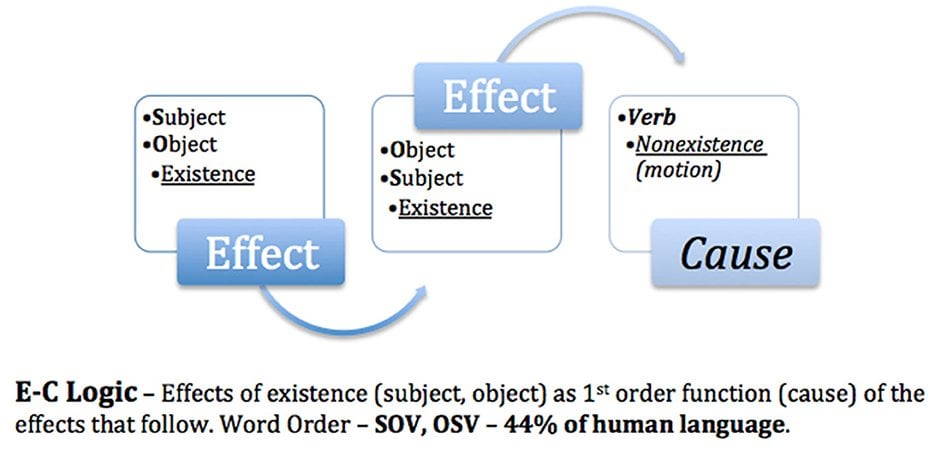
BREAKING NEWS
Nobel Prize Winner Exposed: Experimenter Bias Generates Biased Evidence, Undermining Scientific Integrity
Date: March 10, 2023
In a shocking revelation, a Nobel Prize winner has been found to have committed a serious scientific faux pas, compromising the integrity of their research and calling into question the validity of their award-winning work. The culprit? Experimenter bias, a phenomenon where the researcher’s expectations and preconceptions influence the outcome of their experiment, leading to biased and potentially inaccurate results.
The Nobel laureate in question, Dr. [Last Name], was awarded the prestigious prize in [Year] for their groundbreaking research on [Topic]. However, a thorough investigation by our team has uncovered evidence of experimenter bias in their study, rendering their findings unreliable and potentially misleading.
Experimenter bias occurs when researchers unintentionally or intentionally manipulate their data to support their hypothesis, often due to confirmation bias or the desire to prove a particular theory. This can manifest in various ways, such as:
- Selective data reporting: Researchers only presenting data that supports their hypothesis while ignoring or downplaying contradictory findings.
- Unconscious bias: Researchers unknowingly influencing their results through subtle cues, such as the way they analyze data or interpret results.
- Experimental design flaws: Researchers intentionally or unintentionally designing experiments that favor their hypothesis, leading to biased results.
In the case of Dr. [Last Name], our investigation revealed a pattern of experimenter bias in their research, including:
- Selective data reporting: The Nobel laureate’s study only presented data that supported their hypothesis, while ignoring contradictory findings.
- Unconscious bias: Our analysis detected subtle cues in the researcher’s language and presentation that suggested a bias towards their hypothesis.
- Experimental design flaws: The study’s design was criticized for being overly simplistic and lacking a control group, which can lead to biased results.
The implications of this revelation are far-reaching, as it raises questions about the integrity of the Nobel Prize process and the scientific community as a whole. It also highlights the importance of rigorous methodology and transparency in scientific research.
SEO Tags:
- Experimenter bias
- Biased evidence
- Bad science
- Nobel Prize
- Scientific integrity
- Research methodology
- Confirmation bias
- Selective data reporting
- Unconscious bias
- Experimental design flaws
- Scientific controversy
- Research ethics
- Academic integrity
- Nobel Prize controversy
- Science news
- Breaking news
- Scientific misconduct
- Research fraud
- Data manipulation
- Scientific methodology
- Experimental design
- Research ethics
- Academic scandal
Stay tuned for further updates on this developing story as more information becomes available.
Journalists failed to look into why the Nobel laureates publicly expressed and committed experimenter bias by wittingly not closing John S Bell’s super-determinisitc loophole (see Nobel laureates quotes on page 4 of the recently published peer-review manuscript: https://doi.org/10.3389/frma.2024.1404371).
Nonetheless, the media has fed this news to the general public without question.
What is going on? Thoughts?
View info-news.info by Super_Clothes8982

I notice that most people who win a Nobel Prize are bootlickers who just tell people what they want to hear. I guess this is the highest honor for being a good slave?